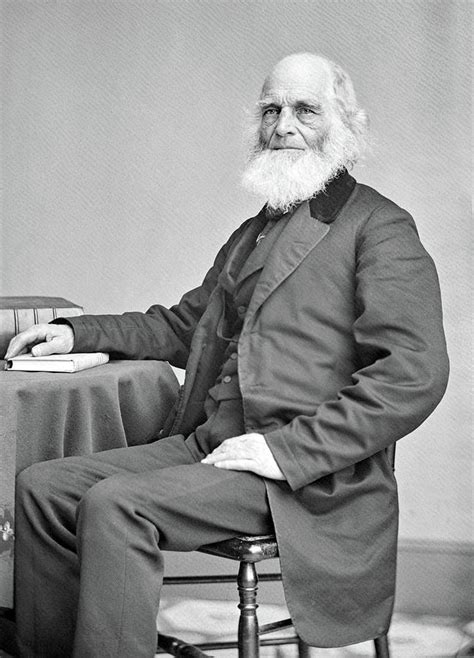A Quote by William Shakespeare
Where art thou, Muse, that thou forget'st so long / To speak of that which gives thee all thy might?
Related Quotes
Lord! Thou art with Thy people still; they see Thee in the night-watches, and their hearts burn within them as Thou talkest with them by the way. And Thou art near to those that have not known Thee; open their eyes that they may see Thee--see Thee weeping over them, and saying, "Ye will not come unto me that ye might have life"--see Thee hanging on the cross and saying, "Father, forgive them, for they know not what they do"--see Thee as Thou wilt come again in Thy glory to judge them at the last. Amen.
If any friend desire thee to be his surety, give him a part of what thou hast to spare; if he press thee further, he is not thy friend at all, for friendship rather chooseth harm to itself than offereth it. If thou be bound for a stranger, thou art a fool; if for a merchant, thou puttest thy estate to learn to swim.
But if anything in thy own dispositiongives thee pain, who hinders thee from correcting thy opinion? And even if thou art pained because thou art not doing some particular thing which seems to thee to be right, why dost thou not rather act than complain?- But some insuperable obstacle is in the way?- Do not be grieved then, for the cause of its not being done depends not on thee.- But it is not worth while to live if this cannot be done.- Take thy departure then from life contentedly, just as he dies who is in full activity, and well pleased too with the things which are obstacles.
O innocence, how glorious and happy a portion art thou to the breast that possesses thee! thou fearest neither the eyes nor the tongues of men. Truth, the most powerful of all things, is thy strongest friend; and the brighter the light is in which thou art displayed, the more it discovers thy transcendent beauties.
Both in thy private sessions, and the universal assizes, thou shalt be sure of the same Judge, the same jury, the same witnesses, the same verdict. How certain thou art to die, thou knowest; how soon to die, thou knowest not. Measure not thy life with the longest; that were to piece it out with flattery. Thou canst name no living man, not the sickest, which thou art sure shall die before thee.
What thou lovest well remains, the rest is dross What thou lov'st well shall not be reft from thee What thou lov'st well is thy true heritage Whose world, or mine or theirs or is it of none? First came the seen, then thus the palpable Elysium, though it were in the halls of hell. What thou lovest well is thy true heritage.
Oh, thou did'st then ne'er love so heartily. If thou rememb'rest not the slightest folly That ever love did make thee run inot, Thou has not loved. Of if thou has't not sat as I do now, Wearying they hearer in thy mistress's praise, Thou has not loved. Of if thou hast not broke from company Abruptly, as my passion now makes me, Thou has not loved. (Silvius)
Beware, I pray thee, of presuming that thou art saved. If thy heart be renewed, if thou shalt hate the things that thou didst once love, and love the things that thou didst once hate; if thou hast really repented; if there be a thorough change of mind in thee; if thou be born again, then hast thou reason to rejoice: but if there be no vital change, no inward godliness; if there be no love to God, no prayer, no work of the Holy Spirit, then thy saying "I am saved" is but thine own assertion, and it may delude, but it will not deliver thee.



































